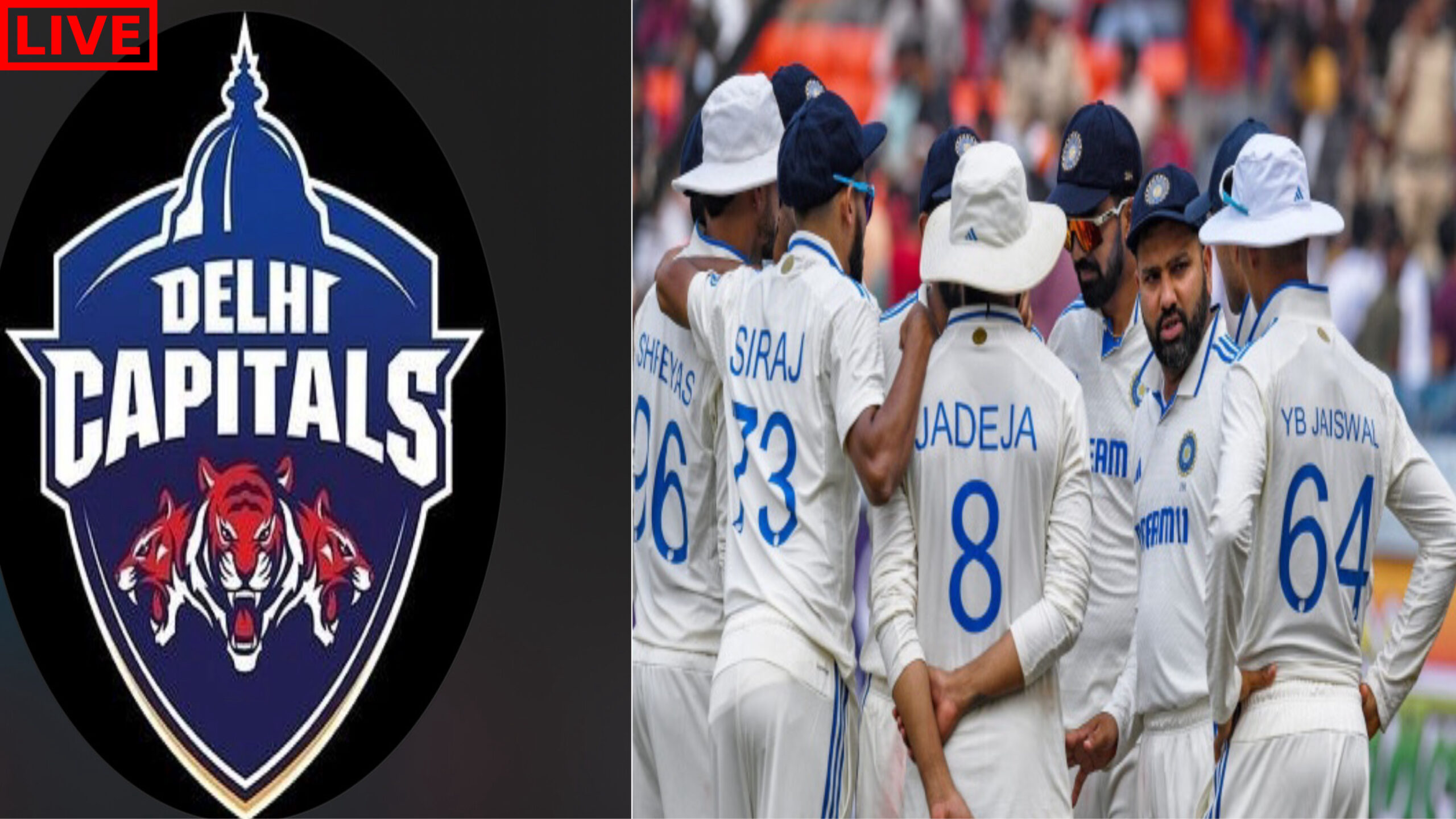Financing Endeavors of Delhi Capitals Owner Through Private Credit Sources
In a significant development in the sports financing sector, the company that owns the Delhi Capitals, an eminent team in the Indian Premier League (IPL), is reportedly in the process of securing a substantial loan amounting to approximately $90 million to $100 million. This move is seen as part of a growing trend among sports franchises to seek private credit solutions for their financial needs.
JSW GMR Cricket Pvt. Ltd., the entity behind the Delhi Capitals, is exploring these financial avenues to enhance its corporate capabilities, as per sources familiar with the ongoing negotiations. However, these sources opted to remain anonymous due to the private nature of the discussions. The loan being considered would be significantly underpinned by the team itself, involving assets such as broadcasting rights and sponsorships.
The Delhi Capitals, a prominent team in the IPL, have garnered considerable attention in recent years, not only for their on-field performances but also for their off-field business strategies. The IPL, a cricket league known for its lucrative deals and high viewership, provides a solid foundation for teams like the Delhi Capitals to leverage their assets for financial purposes.
If the deal materializes, JSW GMR Cricket Pvt. Ltd. would join the ranks of other major sports businesses that have recently sought private credit. A notable example is the English football club Chelsea FC, which secured a £500 million funding from Ares Management Corp., as reported by Bloomberg in September. This trend underscores a shift in the way sports franchises are approaching their financial strategies, increasingly turning to private credit markets for funding.
The rationale behind this move is multi-faceted. Firstly, the infusion of such capital can provide the necessary resources for the team to invest in various aspects such as player acquisitions, infrastructure development, and technological advancements. This, in turn, can significantly enhance the team’s competitive edge in the league. Additionally, the funds can also be allocated towards general corporate purposes, further strengthening the organization’s financial stability.
While this development is a clear indicator of the growing commercialization of sports, it also reflects the increasing confidence of financial markets in the viability of sports franchises as investment opportunities. The fact that a team’s assets, like broadcasting rights and sponsorships, can be collateralized for such loans demonstrates the substantial value these elements hold.
However, such financial maneuvers are not without their risks. The reliance on future revenues, which are often contingent on the team’s performance and the league’s popularity, introduces a degree of uncertainty. Furthermore, the dynamics of sports leagues are subject to various external factors, including market trends and viewer preferences, which can impact revenue streams.
Despite these potential challenges, the move by JSW GMR Cricket Pvt. Ltd. signals a proactive approach to leveraging the Delhi Capitals’ brand and assets. It represents a strategic effort to capitalize on the current market conditions and the team’s strong positioning within the IPL.
The official stance of the JSW Group, in response to inquiries about this potential loan, has been to refrain from commenting. This discretion is typical in such financial negotiations, where details are often kept confidential until the finalization of agreements.
In summary, the endeavor by JSW GMR Cricket Pvt. Ltd. to secure a loan backed by the Delhi Capitals’ assets marks a significant moment in the intersection of sports and finance. It highlights the evolving landscape of sports financing and the increasing role of private credit in this domain. As the deal progresses, it will be interesting to observe its impact on the team and the broader implications for the IPL and sports financing at large.

